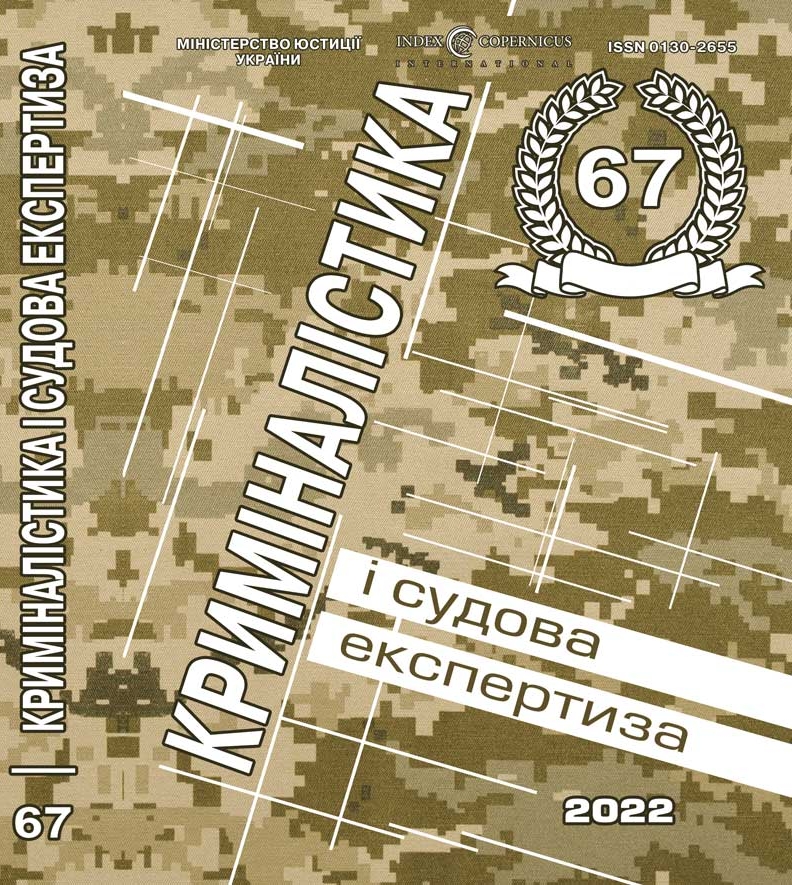DOI: https://doi.org/10.33994/kndise.2022.67.14
N. Nestor
The article is devoted to ensuring the rights and legitimate interests of the victim, the victim of a criminal offense in modern criminal proceedings in Ukraine. The problems in the mechanism of ensuring the rights and legitimate interests of the victim of a criminal offense are highlighted and ways to solve these problems are proposed.
The article describes the provisions of the current criminal procedure legislation of Ukraine, which determine the legal status of the victim, his representative, and legal representative in the criminal process. Attention is focused on their procedural rights. It is noted that the realization by the victims of certain procedural rights and legitimate interests during the pre-trial investigation and in court is problematic since the national system for ensuring the rights and legitimate interests of the victim of a crime does not meet international standards.
The author of the article draws attention to the existing legal conflict in determining the place and role of the victim as a participant in criminal proceedings. According to some provisions of the Criminal Procedure Code of Ukraine, in some cases he belongs to the side of the prosecution, according to others, he does not belong to the parties to the criminal process, remaining an independent participant in the process. Such a provision detracts from the role of the victim, in violation of the principle of competitiveness, puts him in an unequal position with the defense, and gives rise to a formal attitude of investigators, prosecutors, and judges towards the realization of his rights and legitimate interests. The examples of the judicial practice of the Supreme Court show the shortcomings of the legal regulation of procedural relations with the participation of the victim as the successor of the deceased victim of the crime.
The impossibility for the victim is critically assessed: to appeal against the court during the pre-trial investigation of certain procedural actions and decisions of the investigator, the prosecutor, on which the admissibility of the evidence collected by the prosecution depends; take advantage of free legal assistance; receive compensation from the state budget for the harm caused to him by the crime.
Changes to the current legislation are proposed to improve the system for ensuring
the rights and legitimate interests of the victim.
Key words: criminal proceedings, victim, representative of the victim, rights and
legitimate interests, securing a criminal offense.

